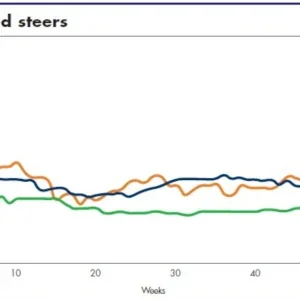In leather processing, when compared to other acids formic acid acts most efficiently in tanning operations and in the fixing of dyeing and retanning agents. It is also used widely in pickling.
BASF currently operate two formic acid production plants located at the company’s integrated Verbund sites in Ludwigshafen, Germany, and Nanjing, China, with a total annual capacity of more than 255,000 tons.
Formic acid is easily biodegradable thereby protecting aquatic wildlife in nearby rivers and watersheds.
‘The new plant further strengthens our position as a leading supplier of chemistry for sustainable solutions’, said Dr Hans Engel, Member of the Board of Executive Directors of BASF, Chief Financial Officer,
Chairman and Chief Executive Officer of BASF Corporation, when he made the announcement during a press conference at BASF’s new regional headquarters in Florham Park, NJ.
‘This investment demonstrates our commitment to the increasing market demand in North and South America driven by current and new applications of the versatile formic acid. We will be able to serve our customers with shorter lead times and greater supply reliability. It also reinforces BASF’s global position in formic acid with production in Europe, North America and Asia’, said Soeren Hildebrandt, Senior Vice President of BASF’s Intermediates division.
BASF’s Geismar production site incorporates the Verbund concept and allows BASF to maximise production efficiencies of formic acid while helping to protect the environment by reducing waste and cutting emissions, and keeping resource consumption and transportation to a minimum.






